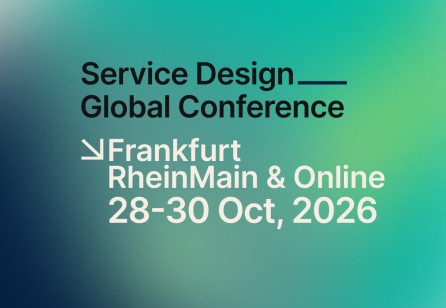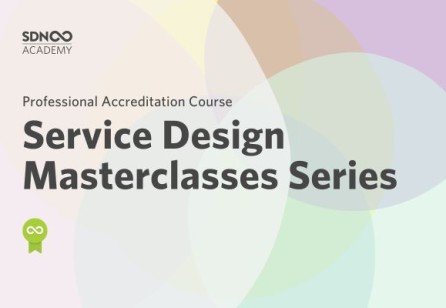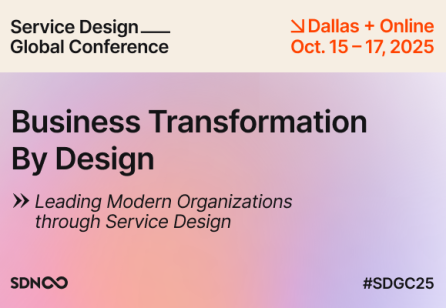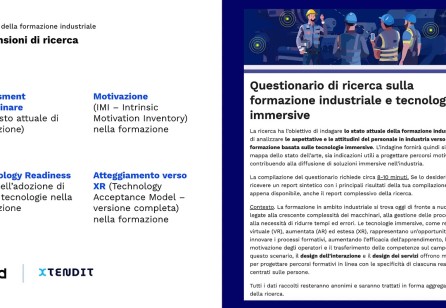Equity is not just about representation or universal design; it is about redesigning structures, policies, and processes to ensure that excluded and underserved groups become genuine co-creators – cultivating collective intelligence, encouraging shared decision-making, and taking shared ownership of both outputs and outcomes.
Deep inequities persist across high-touch and digital-first experiences in healthcare, education, retail, financial services, and other service sectors. Yet, even as the urgency for equitable design grows, equity itself is under threat. Diversity, Equity, and Inclusion (DEI) initiatives are being rolled back, deprioritised, or dismantled across industries and regions – driven by political shifts, market pressures, and risk aversion – ultimately paving the way for exclusionary practices under the guise of neutrality and meritocracy.
What role can service design practitioners play in ensuring equity remains at the centre of our practice, even in the face of backlash? How might we break free from performative activism (“DEI theatre”) to design services that genuinely dismantle systemic barriers and democratise access to resources?
We are looking for articles, case studies, thought pieces, and toolkits that grapple with the challenges of equity in an era of uncertainty and resistance. If you are designing, researching, or advocating for more equitable services and experiences, we want to hear from you.
We encourage submissions that critically engage with the following 10 key questions:
- How might we (HMW) equip design leaders and service design practitioners to push back against inequitable systems – especially in environments where fear, uncertainty, or leadership resistance threaten progress?
- HMW move beyond a product-centric, design-for-everyone mindset (‘universal design’) to equity-first approaches that prioritise and support excluded or underserved groups – ensuring meaningful inclusion, access, and agency?
- HMW design for equity in a way that respects diverse cultural, economic, and social contexts around the world?
- HMW help innovation & design teams uncover and address blind spots in their methodologies, workflows, and feedback loops to ensure more equitable and impactful experiences and outcomes?
- HMW confront and dismantle power imbalances in participatory design and co-creation – ensuring that collaboration shifts from extractive or performative to genuinely inclusive, reciprocal, and transformative?
- HMW foster a culture of systemic equity in the workplace where all employees feel valued, supported, and empowered, regardless of their background and identity?
- HMW ensure that customer and employee experiences do not intentionally or unintentionally exclude groups and individuals with one or more impairments?
- HMW position equity as a strategic imperative – embedding it into core business strategy as a driver of innovation and growth, rather than treating it as a moral obligation or regulatory requirement?
- HMW redefine success in service innovation and design – expanding beyond traditional service performance metrics (such as productivity, quality, scalability, and profitability) to service justice metrics (such as inclusion, accessibility, agency, and dignity)?
- HMW reimagine the future of innovation and design so that equity is not an afterthought, but the foundation upon which all systems, services, and experiences are built?
We welcome contributions from throughout the service design community, as well as those with knowledge and experience in this theme, to contribute to this issue. By doing so, you will be helping service designers make the next step towards an even more mature practice of our discipline.
Regular sections
Besides handing in articles related to this issue’s feature, you are also invited to hand in content for the other regular sections of Touchpoint, which are not related to the theme of the issue:
- Cross-Discipline: Highlighting the connection between service design and other disciplines
- Tools and Methods: Introduction and evaluation of techniques and activities for service design projects
- Education and Research: Insights from academia and research.
Submit your abstract:
Read more, and submit your abstract via the online form until 08 March 2025 (23:59 CET).
We are looking forward to many inspiring contributions!







Share your thoughts
0 RepliesPlease login to comment